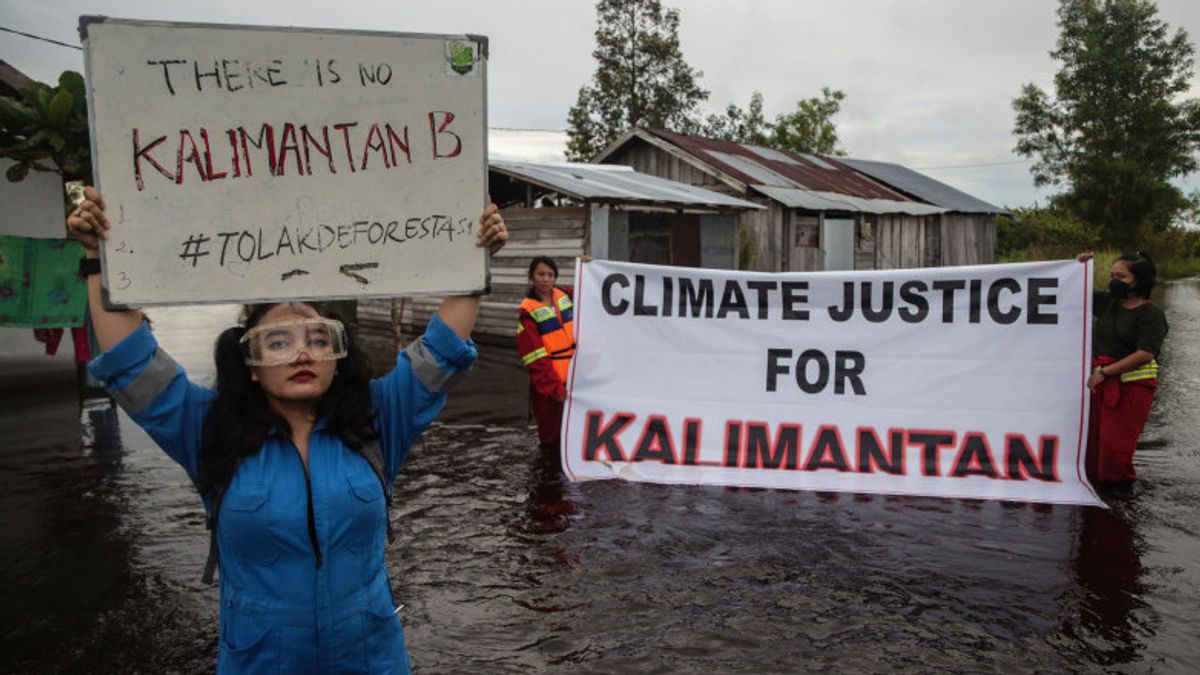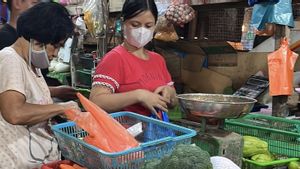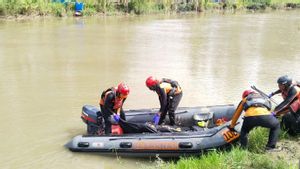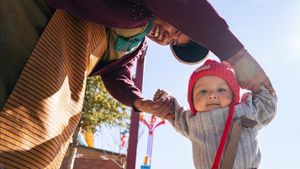JAKARTA - Save the Children's latest report globally states that the climate crisis in Indonesia has a real impact, including on children born in the last year.
These children will feel temperatures 7.7 times hotter than their grandparents experienced.
Save the Children Indonesia CEO Selina Patta Sumbung said the report entitled 'Born in a time of climate crisis' issued in September 2021, also stated that children will face 3.3 times more flood threats from overflowing rivers and 1.9 times more experiencing drought.
"The impact of the climate crisis is also of course felt worse for children who live in a cycle of poverty, this is because they are already exposed to a much greater risk of limited water, hunger and even threatened with death due to malnutrition," he said. Selina in a written statement, quoted from Antara, Jakarta, Saturday, October 30.
In addition, he said the impact of the climate crisis put millions of children and families into long-term poverty. In Indonesia, children will experience 3.2 times more crop failures and still weak access to social protection schemes.
The report calls for urgent action to protect children's rights.
Globally, children born in 2020 will face seven percent more forest fires, 26 percent more crop failures, 31 percent more droughts, 30 percent more river flooding and 65 percent more heat waves if global warming is stopped. at 1.5 degrees Celsius.
Save the Children stressed there is still time to change that bleak future.
If the temperature rise is kept to a maximum of 1.5 degrees Celsius, the intergenerational burden on newborns is reduced by 45 percent for heat waves, 39 percent for droughts, 38 percent for river floods, 28 percent for crop failures, and 10 percent for forest fires.
“Children in Indonesia will be among the worst affected by this climate crisis. Without immediate action, we will leave a bleak and deadly future to our children," Selina said.
He also explained that the climate crisis is essentially a crisis on children's rights.
"We need to do simple things starting with ourselves and our families, for example by eliminating our dependence on fossil fuels, starting an environmentally friendly lifestyle, and actively participating in climate change mitigation and adaptation actions," he said.
The government, he said, must also develop an inclusive climate change mitigation and adaptation governance by taking into account the needs of vulnerable groups, such as children through policies, programs and budgeting that favors children.
The English, Chinese, Japanese, Arabic, and French versions are automatically generated by the AI. So there may still be inaccuracies in translating, please always see Indonesian as our main language. (system supported by DigitalSiber.id)













